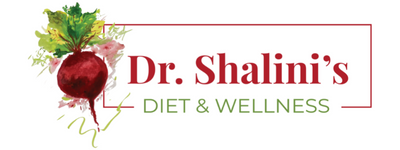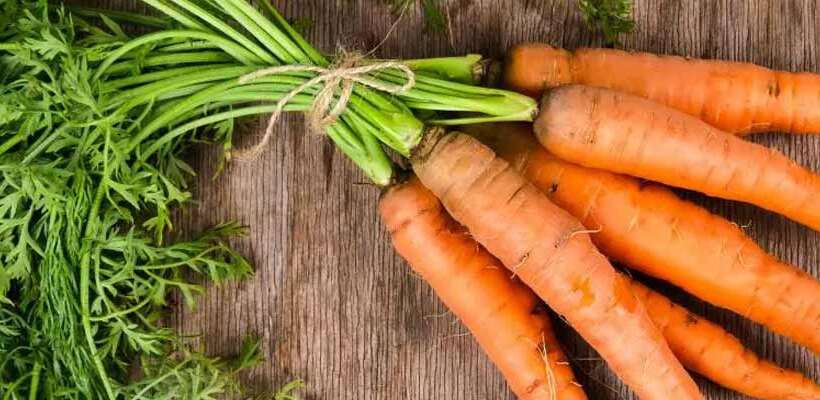I remember my Granny washing, drying, peeling melon seeds in summers and storing them to be added to desserts or had simply as a snack. I wondered why do they take so much pain and invest so much time into this. Now I realize that was an investment in health. Tiny little seeds are nutrition power houses. Not only are they packed with proteins and dietary fibre but are excellent sources of vitamins, minerals and the much talked about omega- 3 fatty acids.
Read here to know the Nutritional Benefits and the Dietary Significance of few seeds which should form a part of your daily diet. Read to know why SEEDS are in high demand and why are they one of the Nutritionists favourite HEALTH FOOD these days –
FLAXSEEDS ( Alsi ke Beej in Hindi )
- Flax seeds are a great source of omega -3 fatty acids and soluble fibre .
- They help lower cholesterol and triglycerides
- Make you feel fuller longer thus helping in weight loss
- Aid in stabilizing blood glucose levels.
- Being rich in omega-3 fatty acid,they are beneficial to eye and brain health
- Can help lower blood pressure
- Help reduce inflammation that leads to conditions like asthma, rheumatoid arthritis, migraine headaches, and osteoporosis.
- Alpha-linolenic acid (ALA) is a kind of omega-3 that is found in flaxseeds that helps promote bone health.
- These seeds are also high in lignans which may help prevent certain cancers.
How to have Flaxseeds
Flax seed should be ideally had cold pressed. Their shells are hard, so it is important to grind the seeds in a blender or grinder or press them before eating. If you do not, the seeds can pass through your body undigested, hindering the absorption of the seeds valuable omega-3 content. Ground flax seed should be kept in an airtight container in your refrigerator.
Coarse or finely ground flax seeds can be added to smoothies, shakes, yogurt, oatmeal, cereal, salads, etc.
CHIA SEEDS ( Chia Beej or Sabjaa in Hindi )
Chia seeds are tiny black seeds which have only recently gained in popularity and are now being consumed by health- conscious people worldwide.Chia seeds are Tiny Nutrition Wonders.
- These are high in iron, folate,zinc ,which are essential for a healthy body.
- Calcium and magnesium promote bone health,
- the Omega-3 fatty acids help your heart by lowering triglycerides.An easy solution for vegeterians who do not consume sea food is to have omega 3 fatty acids through chia seeds (and flaxseeds), which are a good source of this nutrient.
- They are also tightly packed with protein and fibre. Soluble fibre helps reduce cholesterol, stabilizes sugar levels in blood and provides feeling of satiety.
- Chia seeds reduce the risk of diabetes and metabolic syndrome and like flaxseeds may help reduce blood pressure.
How to take Chia Seeds-
Simply add them to a smoothie, yogurt, cereal, muffin recipes or sprinkle on a salad.
PUMPKIN SEEDS ( Kaddoo ke beej )
- Pumpkin seeds are high in carotenoids which have antioxidant properties and enhance immune activity and disease fighting capacities.
- These seeds are also high in heart protective omega 3 fatty acids and phytosterols which aid in keeping cholesterol levels stable and enhance immune response.
- Pumpkin seeds are tasty and good source of B vitamins, iron, magnesium,manganese,phosphorus,copper,zinc, vitamin K, vitamin E and protein.
- The protein in pumpkin seeds is highly concentrated in an amino acid called Tryptophan, which helps lower anxiety levels and promotes healthy sleeping patterns. For this reason, they have been used to treat some anxiety disorders.
- .According to studies, pumpkin seeds prevent calcium oxalate kidney stone formation, and significantly reduce inflammation.
- In addition,they are the most alkaline-forming seed.
How to have them-
Raw or lightly roasted pumpkin seeds make a healthy snack, or you can use them in variety of baked dishes, vegetable preparations, salad toppings and as a soup garnish.
SUNFLOWER SEEDS ( soorajmukhi ke beej )
Sunflower seeds are rich in B vitamins including folate, which helps to support healthy pregnancy and promotes a healthy immune system.
- They are also an excellent source of Vitamin E which exhibits antioxidant properties, has anti-inflammatory effects, helps maintain healthy hair and skin.
- Sunflower seeds are also a good source of selenium and help to prevent cancer.
- These healthy, compact seeds are also rich in protein and heart-healthy fats.
- These phytochemical-rich seeds help to lose weight, as they promote healthy digestion and increase fibre intake.
- Sunflower seeds are one of the foods that help naturally detox and cleanse the body.
How to have them-
Sunflower seeds can be eaten by themselves, or in cookie or muffin recipes. Add them to salads, stir-fries and various other preparations.Avoid buying salted ones as excessive sodium may lower the seeds%u2019 nutritional value.
SESAME SEEDS ( Til ke beej in Hindi )
Since ages Sesame seeds have been promoted for their health benefits.
- Sesame seeds are very high in calcium, magnesium, zinc, fiber, iron, vitamin B1 and phosphorus.
- Possessing important cholesterol-fighting lignans, studies show that these seeds can lower blood pressure, and are liver protective.
- Sesame seeds are rich in magnesium, a mineral that may help lower blood pressure, promote bone health, and improve PMS symptoms.
- Antioxidants in these seeds fight free radicals, promoting youthfulness and strengthening the immune system.
How to Have-
Sesame seeds are often added to breads and crackers and sprinkled on a variety of Asian dishes. Til laddoos, gajak, revdi are popular sweet preparations made from sesame seeds and jaggery in India in winter season.
MUSK MELON SEEDS ( Kharbooje ke Beej in Hindi )
With the summer at its peak, muskmelons are at their best. After eating this juicy and pulpy fruit ,the seeds that you conveniently toss away in the trash,have numerous health benefits.
- They are good protein sources for vegeterians.
- They are also great source of vitamins and minerals being extremely rich in antioxidant Vitamins A, C, and E.
- The seeds are also a great source of minerals like magnesium, phosphorous, and potassium, thus helping regulate your blood pressure.
- Consuming muskmelon seeds will also improve bone density and decrease the chances of developing Type 2 diabetes.
- Muskmelon seeds are also used in treating migraines, insomnia, and depression.
- The omega-3 fatty acids found in the muskmelon seeds takecare of your cardiovascular health.
- Moreover, these seeds can flush out excess phlegm from the body and provide relief from congestion.
- Muskmelon seeds are a great source of fiber and thus, they help you in losing weight.
HOW TO HAVE
You can eat your muskmelon seeds raw or you can add it to your salads and fruit servings. Not only will they increase the health value of the food, but will also add that extra crunchiness and enhance the taste, too. Muskmelon seeds can also be sprinkled in breads and buns or added to sandwiches. These seeds are also great for thickening soups, stews, and gravies.
To summarize, seeds are nutrient dense foods loaded with healthy fats, fiber, protein and minerals. Enhance your diet nutritionally by snacking on these seeds and sprinkling them into your dishes.


